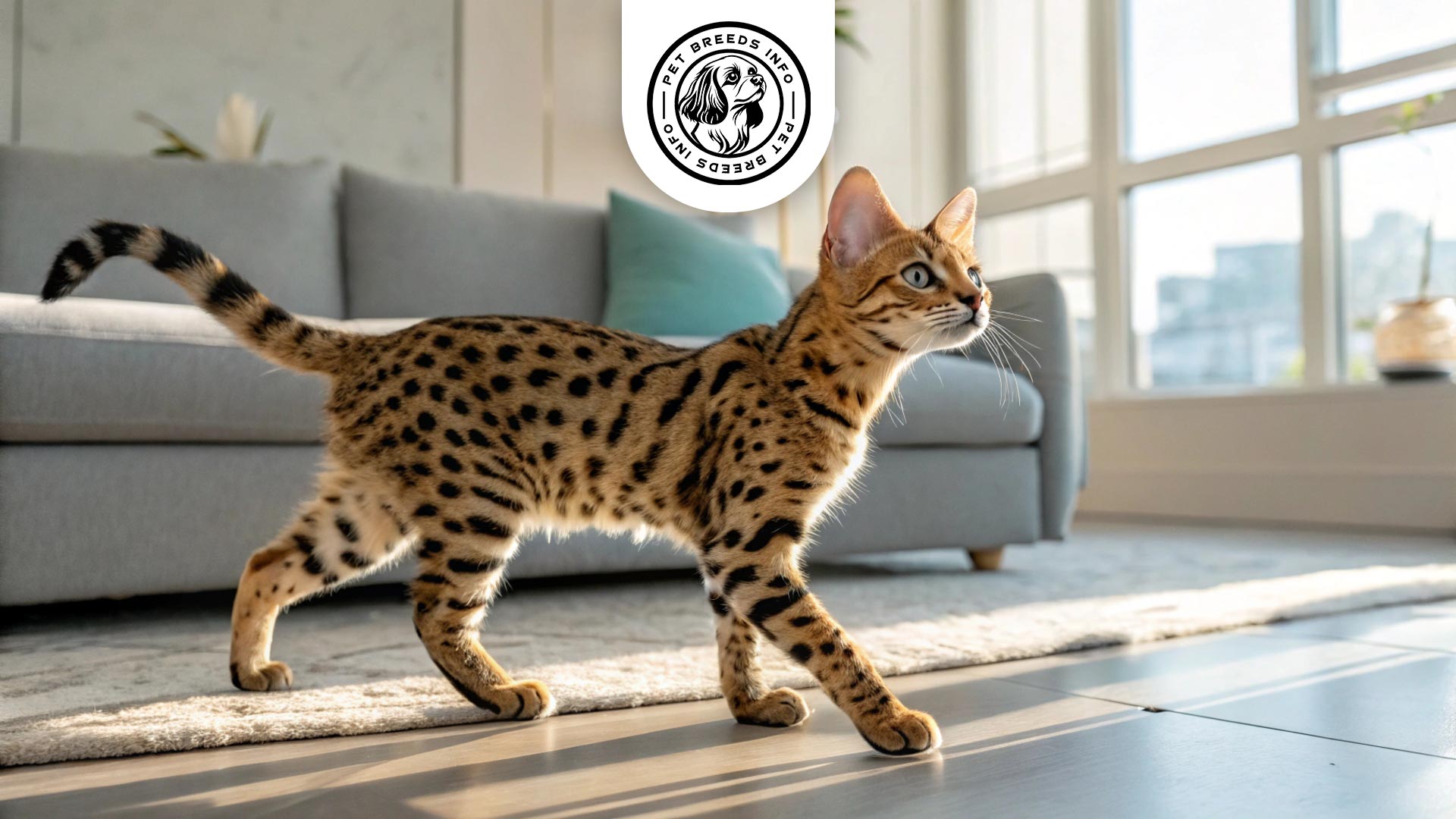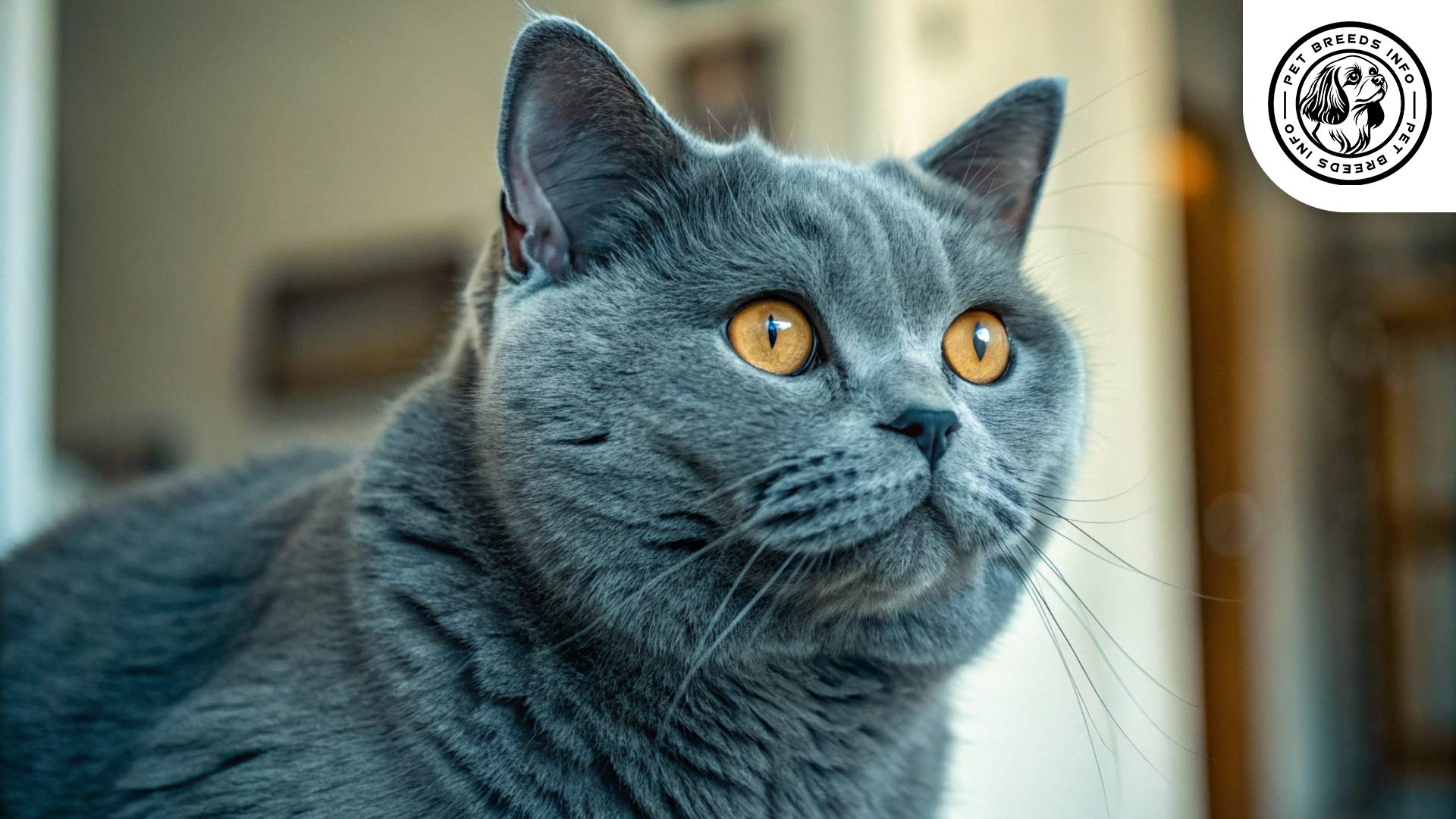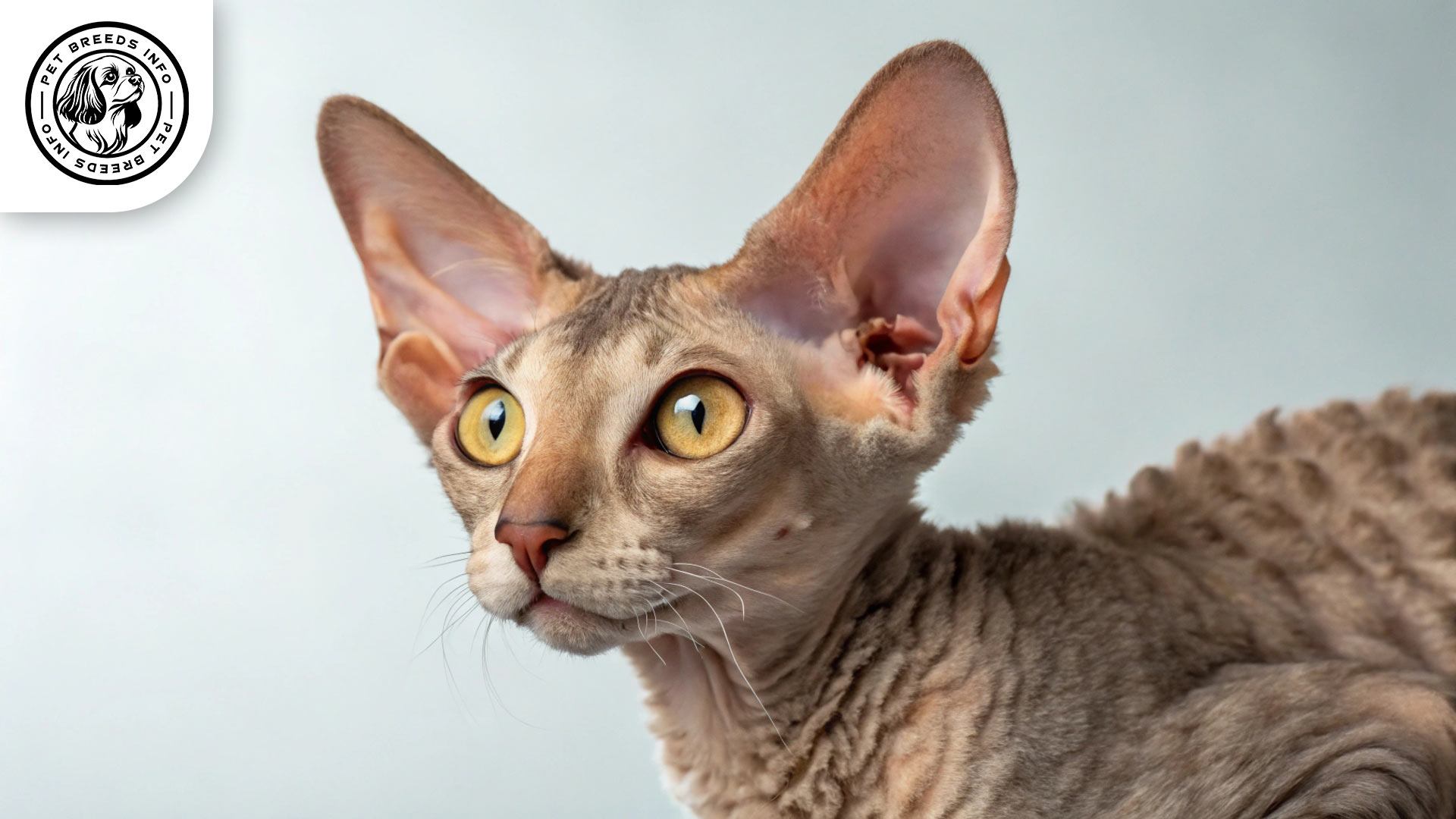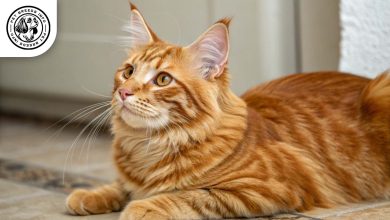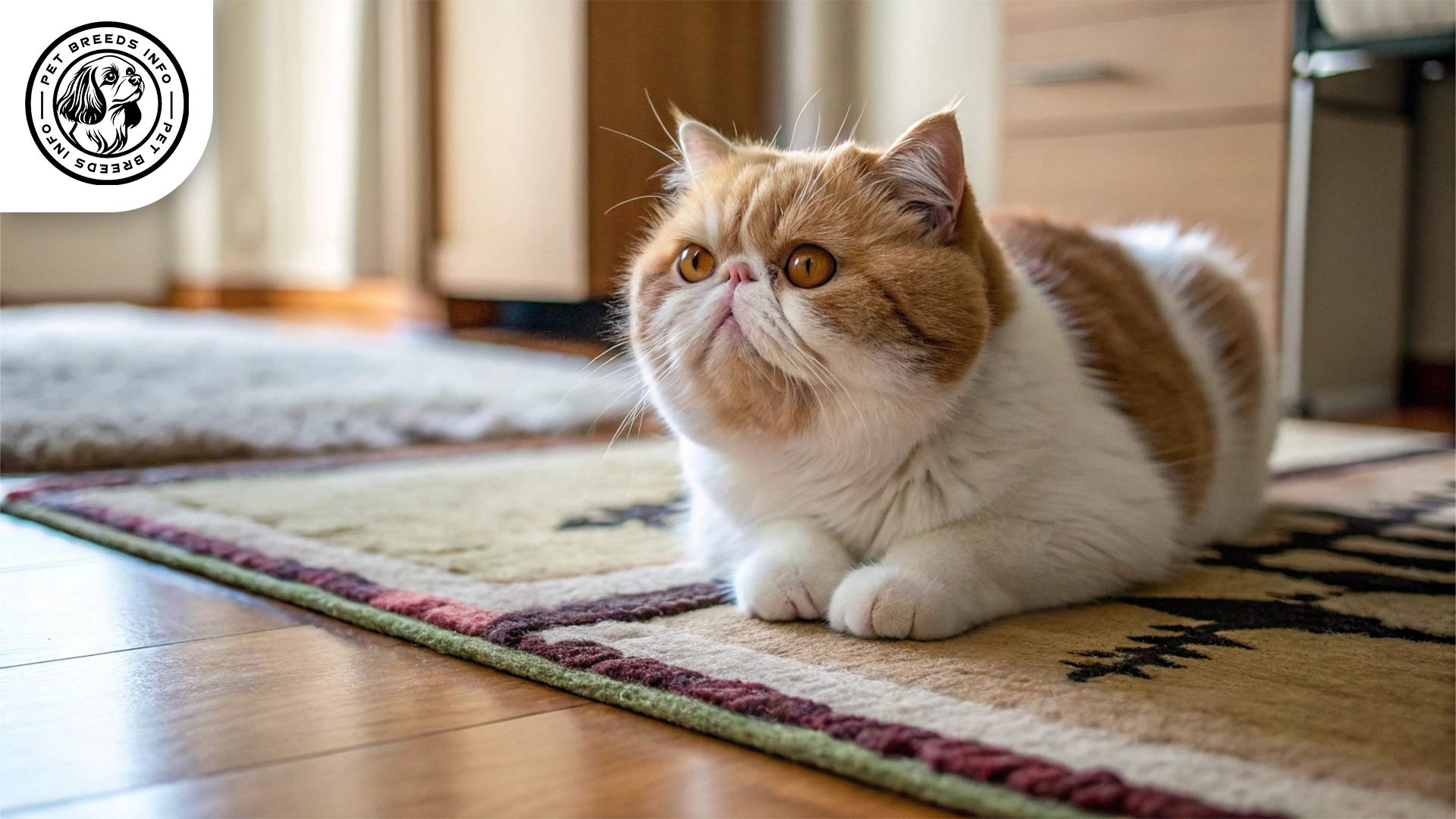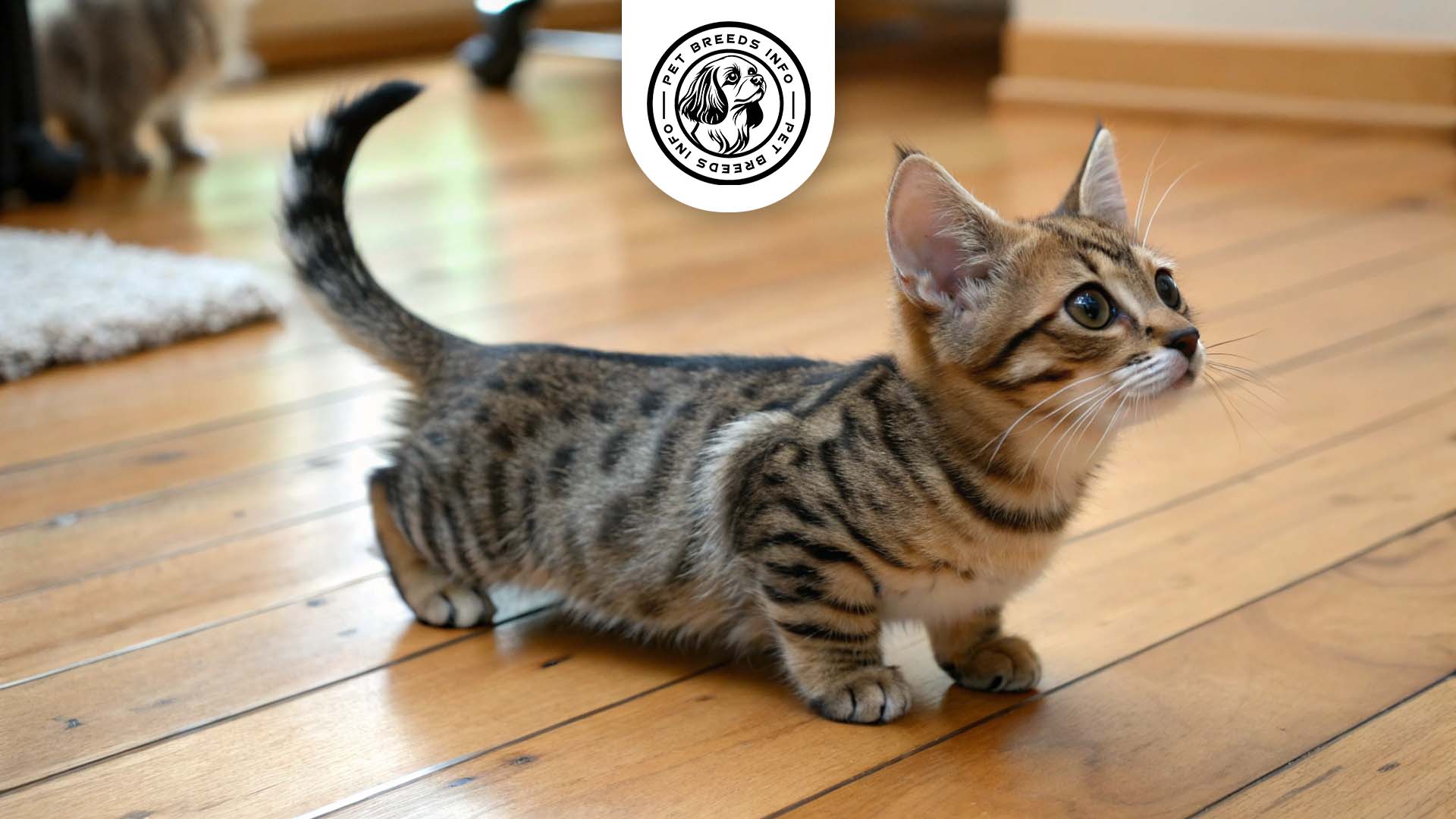Cheetoh Cat Breed: Size, Health, Price & Personality
General Introduction of the Breed
The Cheetoh cat is a relatively new and exotic feline breed that combines the wild appearance of a jungle cat with a gentle and affectionate temperament. This breed was developed in the United States by breeding Bengal cats with Ocicats to create a domestic feline with a strikingly wild look and a loving personality.
As a hybrid breed, the Cheetoh carries distinctive traits from both parent breeds, making it unique among domesticated cats. The breed was first created in 2001 by Carol Drymon, who aimed to develop a large, athletic, and highly intelligent domestic cat with a spotted coat resembling that of a Cheetah.
The Cheetoh cat combines exotic looks with a playful, affectionate nature, thriving in active homes that offer social time and mental stimulation.Quick Overview
Affectionate - 90%
Independent - 60%
Intelligent - 95%
Sociable - 90%
Vocal - 60%
Shedding - 30%
Energetic - 95%
74%
100
| Weight | Males: 15-23 lbs, Females: 10-15 lbs |
| Lifespan | 12-15 years |
| Diet | High-protein diet (dry & wet food) avoid toxic foods like chocolate, onions, grapes. |
| Care | Low-maintenance coat, regular exercise |
| Health | Generally healthy, may face heart and joint issues |
| Colors | Tawny, Cinnamon, Silver, Black-Marbled |
| Nature | Intelligent, playful, social, and affectionate |
| Price | $800 – $1,500 |
Table of Contents
Physical Characteristics
Cheetoh cats are larger than the average domestic cat, with males typically weighing between 15 to 23 pounds and females ranging from 10 to 15 pounds. Their muscular and athletic build gives them a sleek yet powerful appearance.
Their coat is short, soft, and velvety, often spotted or marbled in patterns that resemble wild cats. Traditional coat colors include tawny, cinnamon, silver, and black-marbled variations.
Cheetohs have expressive, almond-shaped eyes that can be green, gold, or amber. Their ears are medium-sized and slightly rounded at the tips, maintaining a balanced proportion with their head. Their long, thick tail complements their athletic physique.
One of the most striking physical traits of the Cheetoh cat is its large paws and distinctive facial structure that closely resemble its wild ancestors.
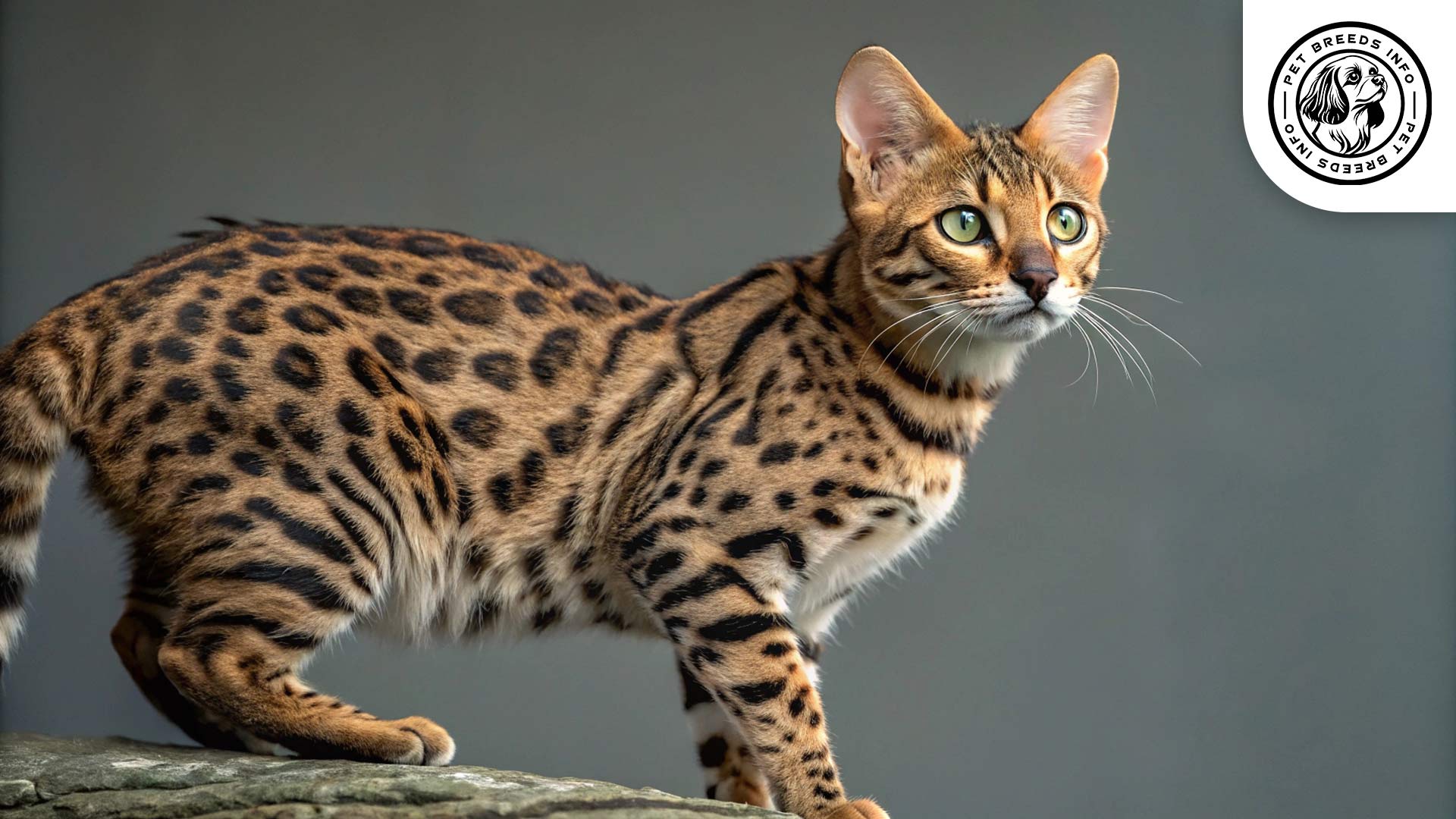
Personality and Temperament
The Cheetoh is known for its intelligence and curiosity, making it highly trainable and interactive. Its playful nature means it thrives in environments where it can explore and stay mentally and physically engaged.
This breed has a high energy level and requires plenty of exercise and stimulation. It enjoys interactive playtime and puzzles, making it ideal for owners who can dedicate time to keeping it entertained.
Cheetoh cats are affectionate with their owners and form strong bonds with their human companions. They enjoy engaging in social interactions and do well in households with families, children, and other pets.
Because of their hybrid origins, Cheetoh cats retain some natural hunting instincts, making them excellent at chasing toys or exploring their surroundings. They are also sensitive to changes in their environment and prefer stability and consistency.
Care and Maintenance Requirements
Cheetoh cats need plenty of exercise and enjoy interactive toys, cat trees, and agility-based games. They are well-suited for both apartments and larger homes as long as they have ample play opportunities.
Their short coat is low-maintenance, requiring only occasional brushing to remove loose hairs and reduce shedding. Bathing is rarely needed, as their coat remains relatively clean on its own.
Environmental sensitivities should be kept in mind, as this breed may not tolerate extreme cold well. Providing a warm and cozy environment is essential, especially during colder months.
Read More: Chausie Cat
Routine hygiene practices such as trimming nails, cleaning ears, and maintaining dental health are essential to prevent infections and health issues.
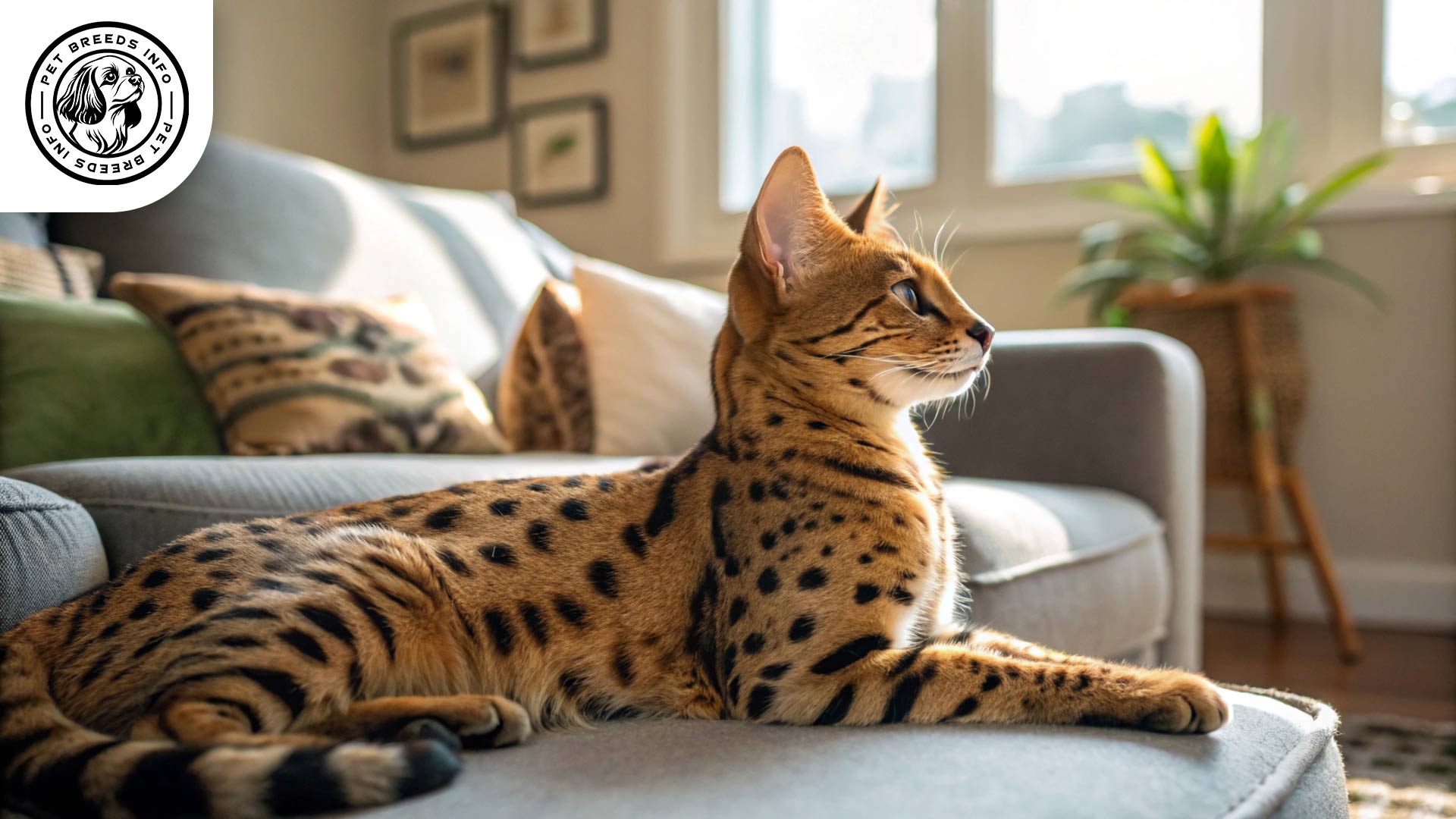
Diet and Nutrition
The Cheetoh cat thrives on high-protein diets, similar to other hybrid and active cat breeds. A combination of high-quality dry and wet food is recommended to provide balanced nutrition.
Raw diets or natural food options may also work well for this breed, but consulting a veterinarian for dietary adjustments is advised.
It is important to avoid foods such as chocolate, onions, garlic, grapes, and artificial additives, which can be toxic to cats.
Portion sizes should be adjusted based on age, size, and activity level, typically divided into two meals per day.
Health and Common Medical Issues
Cheetoh cats are generally healthy, with an average lifespan of 12 to 15 years. However, as a hybrid breed, they may inherit certain genetic conditions from their parent breeds.
Some common health concerns include cardiovascular issues, such as hypertrophic cardiomyopathy, and joint-related problems due to their large, muscular build.
Routine veterinary check-ups, vaccinations, and parasite prevention are essential to keeping the Cheetoh in good health.
Read More: Highlander Cat
Training and Behavior Management
The Cheetoh cat is highly intelligent and receptive to training. It can learn tricks, commands, and even walking on a leash with proper training techniques.
Early socialization is crucial to help Cheetoh cats develop into well-adjusted, confident pets. Interactive play and positive reinforcement methods work best when training this breed.
Consistent routines and plenty of stimulation help prevent boredom, which can lead to undesirable behaviors. Scratch posts and toys help redirect their energy productively.
Interaction with Other Animals and Humans
The Cheetoh cat is a total social butterfly, loving to hang out with humans, including kids, making it a fantastic pick for families. Its super friendly vibe ensures it fits right in with active households. This breed usually gets along great with other pets, like cats and dogs, especially if they’re introduced early on. Perfect for those with busy lifestyles or anyone craving a loyal, affectionate buddy, the Cheetoh brings tons of fun. That said, while they’re playful and outgoing, they also enjoy a bit of independence and might need some quiet time to recharge their energetic spirits.
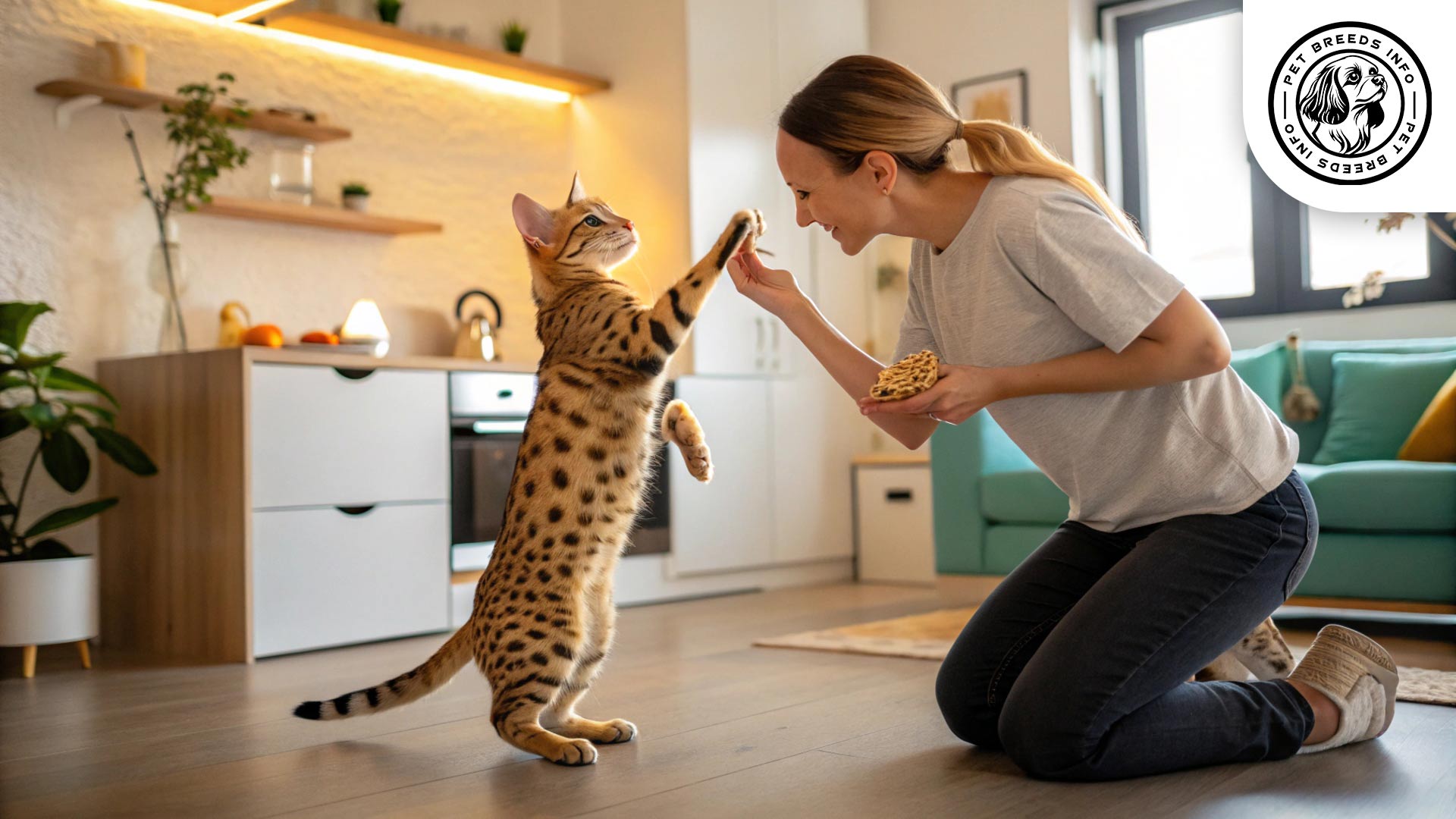
Price and Availability
The Cheetoh cat comes with a price tag typically ranging from $800 to $1,500, depending on factors like the breeder, lineage, and unique physical traits. To get a healthy, happy kitty, always go for reputable breeders who prioritize responsible breeding practices—checking their credentials is a must. While it’s trickier, you might luck out and find a Cheetoh at shelters or adoption centers, though they’re less common there. Doing your research ensures you bring home a loving companion with a solid start, whether from a breeder or through adoption.
Read More: Lykoi Cat
Final Thoughts
The Cheetoh cat is an exotic-looking feline with a loving and playful personality. While its wild appearance may suggest otherwise, it is a loyal and affectionate pet that thrives in a social and stimulating environment.
This breed is best suited for owners who can dedicate time to interactive play and enrichment activities. Families, active individuals, and multi-pet households will find the Cheetoh an ideal companion.
Before acquiring a Cheetoh, potential owners should consider the breed’s energy levels, social needs, and exercise requirements to ensure the best fit for their lifestyle.
FAQ
Are Cheetoh cats good with children and other pets?
Yes! Cheetoh cats are social and friendly, making them great companions for children and other pets when properly introduced.
Do Cheetoh cats require special grooming?
No, their short, velvety coat is low-maintenance. Occasional brushing helps reduce shedding and keeps their coat healthy.
How active are Cheetoh cats?
Cheetoh cats are highly energetic and playful. They thrive on interactive play, mental stimulation, and require regular exercise.
Are Cheetoh cats easy to train?
Yes! They are intelligent and respond well to positive reinforcement, making them easy to train for tricks and even leash walking.
What should I look for when choosing a Cheetoh kitten?
Look for a reputable breeder who provides health records, clear lineage, and ensures proper early socialization.
